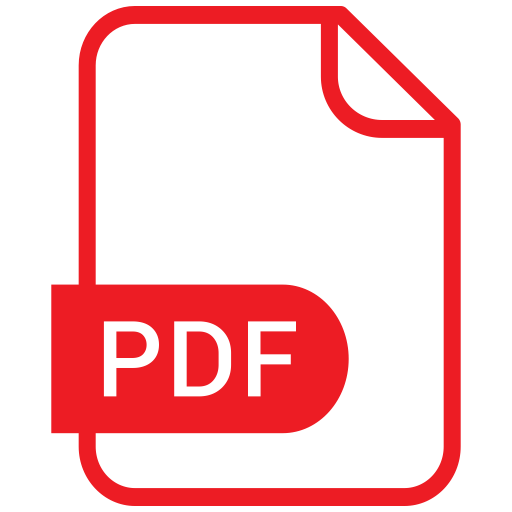Cenaero, located in Gosselies (Belgium), is a private non-profit applied research center providing to companies involved
in a technology innovation process numerical simulation methods and tools to invent and design more competitive
products. Internationally recognized, in particular through its research partnership with Safran, Cenaero is mainly active
in the aerospace, process engineering, energy and building sectors. Cenaero provides expertise and engineering
services in multidisciplinary simulation, design and optimization in the fields of mechanics (fluid, structure, thermal and
acoustics), manufacturing of metallic and composite structures as well as in analysis of in-service behavior of complex
systems and life prediction. Cenaero operates experimental facilities in composite manufacturing and prototyping as well
as the Tier-1 Walloon supercomputing infrastructure with 14,000 computing cores (see tier1.cenaero.be for details).
Founded in 1860, Carmeuse started out as a small family-run business in Belgium. Today, Carmeuse represents more
than 150 years of experience in the production and supply of lime and limestone products across the globe. They impact
everyday life with their mineral-based products and integrated services with core competencies in mining, equipment,
material processing, and engineering solutions.
TECforLime was launched in 2018. It is a new platform for services and solutions owned 100% by the Carmeuse Group,
offering its technical expertise and know-how in lime production to all end-markets. Its team of engineers works together
with customers and application experts to tailor its solutions to each situation.
Context
In the context of industrial digitization and industry 4.0, TECforLime has developed data pipelines to collect, transform
and deliver smart data to process teams onsite and help them taking relevant production decisions. In parallel, using this
data, TECforLime has developed an expert system (ES) capable of autonomously driving the production kilns. Today,
different projects could be achieved in order to improve the decisions taken by the ES and forecast the dynamics of
important kiln variables using AI frameworks.
Objective
The different steps of this work are the following:
- Brief state of the art and choice of method(s) to implement.
- Handling of the necessary open-source libraries (python packages, ...).
- Implementation of the chosen method(s).
- Evaluation on test data.
- Algorithmic improvements.
- Writing of the report.
Duration
The duration of the master thesis / internship is minimum 2 to 3 months.
Contact
Interested candidates should send a cover letter, quoting reference number of the offer, and a resume to : mailto: rh_be-ip-2022-004@cenaero.be
